15 Plants That Keep Wasps Away in Your Garden
Gardens can become battlegrounds when wasps decide to make your green sanctuary their personal playground, turning peaceful outdoor moments into stressful encounters.
Natural defense mechanisms exist within the plant kingdom that can strategically help homeowners create wasp-resistant landscapes without resorting to harsh chemicals or expensive treatments.
Certain botanical species possess inherent properties that effectively discourage these buzzing insects from establishing nests or lingering around your precious garden spaces.
Aromatic herbs and flowering plants emerge as powerful allies in the war against wasp invasions, utilizing their unique scents and chemical compositions to repel these winged intruders.
Gardeners and outdoor enthusiasts have discovered remarkable plant varieties that not only enhance landscape aesthetics but also serve as natural deterrents against these potentially aggressive insects.
Landscape design with strategic plant selection can transform your outdoor environment into a peaceful, wasp-free zone that invites relaxation and enjoyment.
Green Herb Shield Against Garden Pests
Mediterranean gardens often showcase thyme as a powerhouse herb that fights insects while delivering incredible culinary magic.
Sunlight becomes thyme's best friend, encouraging lush growth and intense aromatic qualities that elevate cooking experiences.
Small purple or white flowers dot its branches, attracting beneficial pollinators like bees and butterflies to surrounding garden spaces.
Chefs appreciate thyme's versatility in Mediterranean and French cuisines, using its delicate leaves to season meats, vegetables, and sauces with sophisticated depth.
Home cooks can easily cultivate thyme in containers or garden beds, requiring minimal maintenance and delivering maximum flavor impact.
Its robust essential oils naturally repel wasps and other unwanted garden visitors without harsh chemicals.
Wormwood Green Guardian Garden Shield
Wormwood stands out as a remarkable garden guardian with its silvery-green feathery foliage, offering natural pest control for your outdoor spaces.
Native to Europe and Asia, this resilient plant thrives in zones 4-8 and demands minimal maintenance for maximum impact.
Its distinctive silvery leaves create visual interest along garden borders and paths, adding texture and subtle color to landscaping designs.
Botanists recognize wormwood's scientific name, Artemisia absinthium, which hints at its historical uses in traditional medicine and liqueur production.
Strategic placement matters when incorporating this plant, as it prefers some breathing room from neighboring botanical companions.
Eucalyptus Green Shield Against Bugs
Eucalyptus trees stand out as remarkable landscape additions with powerful insect-repellent properties and stunning silvery-green leaves that release a crisp, invigorating aroma.
Native to Australia, these fast-growing plants adapt beautifully to diverse climate conditions, making them ideal for gardeners seeking low-maintenance greenery.
Botanical enthusiasts love that multiple eucalyptus species exist, ranging from towering forest giants to compact shrub varieties suitable for smaller gardens.
Gardening experts recommend selecting varieties matching local climate zones to ensure successful growth and maximum health.
Landscape designers value these trees for their unique texture, distinctive bark patterns, and ability to create striking visual focal points.
Citronella Repels Bugs Green Guardians
Citronella candles stand out as a powerful defense against annoying insects like mosquitoes and wasps, emitting a delightful fragrance that repels unwanted buzzing visitors.
Cultivating citronella requires minimal effort, thriving in various environments with basic care and moderate sunlight.
Outdoor enthusiasts appreciate its ability to create insect-free zones during summer gatherings and backyard relaxation.
Mosquito protection comes naturally from this aromatic plant's essential oils, which disrupt insects' sensory mechanisms.
Simple to grow and maintain, citronella works wonderfully in potted arrangements or directly in garden beds.
Home decorators can enjoy its fresh scent while simultaneously maintaining a bug-free environment.
Mint: Fragrant Guardian of Green Spaces
Mint plants flourish in gardens with minimal effort, offering gardeners a versatile and aromatic herb that repels insects and enhances culinary experiences.
Resilient green leaves spread quickly across shaded or sunny spaces, making this plant ideal for both novice and experienced cultivators.
Home chefs adore harvesting fresh mint for cocktails, teas, and salads, transforming simple dishes with bright, cool flavors.
Mediterranean and Middle Eastern cuisines particularly celebrate mint's distinctive taste in recipes like tabbouleh and lamb dishes.
Rich in vitamins and antioxidants, mint provides health benefits beyond its delightful flavor profile.
Researchers have documented mint's potential to aid digestion and reduce stress.
Mint's adaptable nature allows cultivation in various climates, making it a reliable and rewarding herb for passionate home gardeners.
Trumpet Blooms Vibrant Garden Symphony
Trumpet flowers captivate gardeners with their distinctive bell-shaped blossoms and natural bee-repelling qualities, making them a stellar choice for outdoor spaces.
Native to North and South America, these stunning plants thrive in warm climates and prefer full sun exposure with well-draining soil.
Color variations range from deep crimson to soft oranges and yellows, ensuring a perfect match for any landscape design.
Their unique tubular shape not only looks elegant but also serves a practical purpose in deterring unwanted pollinators.
Trumpet flowers attract hummingbirds, adding an extra layer of wildlife excitement to gardens and patios.
Perennial in warmer regions, these plants bloom from late spring through early fall, providing months of continuous color and interest.
Pungent Guardian: Garlic’s Garden Magic
Garlic emerges as a culinary powerhouse with its intense, unmistakable aroma that elevates countless dishes across global cuisines.
Cultivating garlic requires minimal effort, making it an ideal crop for both novice and experienced growers who appreciate fresh, homegrown ingredients.
Planting typically occurs in autumn, allowing bulbs to establish strong root systems before winter's arrival.
Harvesting happens in early summer when leaves begin to yellow and dry, signaling the perfect moment to unearth those pungent treasures.
Curing the harvested bulbs involves hanging them in a well-ventilated area for several weeks, which concentrates their flavor and ensures longer storage.
Crimson Geraniums Wasp Repellent Sanctuary
Geraniums reign supreme as garden guardians, naturally repelling wasps with their colorful blooms and powerful pest-deterrent properties.
Vibrant petals dance in partial sunlight, creating stunning landscape borders that attract beneficial pollinators like bees.
Mediterranean regions originally cultivated these resilient flowers, which now grace gardens worldwide with their delicate clusters of pink, red, and white blossoms.
Home gardeners appreciate their low-maintenance nature, requiring minimal care while delivering maximum visual impact.
Compact plants grow easily in containers, window boxes, or garden beds, adapting seamlessly to different environments.
Several geranium varieties offer unique characteristics, from scented leaves to intricate petal designs that charm garden enthusiasts.
Their natural insect-repelling qualities make them exceptional companions for vegetable patches and outdoor living spaces.
Green Leaf Red Accent Garden Magic
Clove plants boast remarkable versatility, offering gardeners both ornamental beauty and culinary potential in compact spaces.
Pruning techniques help manage plant size, making cloves perfect for small gardens or container growing.
Home cooks appreciate dried clove buds for their intense, warm flavor that elevates holiday baking and festive beverages.
Fragrant clove essential oils provide natural pest control, effectively repelling wasps and other unwanted insects around outdoor living areas.
Culinary enthusiasts value cloves for their complex, slightly sweet spiciness that adds depth to numerous global recipes.
Medicinal traditions have long recognized cloves for potential health benefits, including antimicrobial and anti-inflammatory properties.
Botanical collectors treasure these plants not just for their practical uses but also for their rich cultural and historical significance across multiple continents.
Carnivorous Orange Pitcher Plant Paradise
Carnivorous pitcher plants captivate gardeners with their extraordinary insect-trapping mechanisms and stunning visual appeal.
Native to tropical regions, these botanical wonders feature unique funnel-shaped leaves that lure unsuspecting insects into a deadly trap.
Darwin studied these remarkable plants, fascinated by their predatory adaptations that digest small insects like wasps and flies within their specialized structures.
Bold orange and yellow blossoms cascade alongside intricate green vines, creating a dramatic landscape element that serves both aesthetic and functional purposes.
Botanical enthusiasts appreciate how these plants naturally control insect populations without chemical interventions.
Suitable for greenhouse collections or outdoor gardens in warm climates, pitcher plants require specific moisture and light conditions to thrive.
Citrus Shield: Insect-Repelling Garden Guardian
Lemongrass stands out as a powerful natural insect repellent with its potent citrusy scent that effectively deters wasps and mosquitoes from invading outdoor spaces.
Botanical experts recommend planting lemongrass in containers, which offers flexibility for gardeners living in diverse climate zones.
Herb enthusiasts can easily grow this plant in sunny locations with well-draining soil, ensuring optimal growth and maximum insect-repelling benefits.
Native to tropical regions like India and Sri Lanka, lemongrass thrives in warm environments and requires minimal maintenance.
Culinary lovers also value this plant for its aromatic leaves, which add a zesty flavor to teas, soups, and Asian-inspired dishes.
Green Guardian Wasp Repellent Cucumber
Cucumber plants bring dual magic to gardens, offering both delicious produce and natural pest control through their bitter peels that repel wasps.
Thriving in sunny spaces, these versatile vegetables grow easily and quickly become summer salad superstars.
Planting requires simple preparation: choose well-draining soil, ensure six hours of direct sunlight, and space seeds about 12 inches apart.
Cucumber vines appreciate consistent moisture and benefit from trellises that help them climb and save garden space.
Nutritional benefits include high water content, vitamin K, and antioxidants that support hydration and overall health.
Harvesting happens approximately 50-70 days after planting, with most varieties producing abundant crops throughout summer months.
Pennyroyal: Insect-Free Garden Sanctuary
Pennyroyal emerges as a powerful herb for gardeners seeking natural insect protection, boasting remarkable abilities to ward off wasps and troublesome bugs around outdoor spaces.
Native to Europe and parts of Asia, this compact plant delivers powerful pest-deterrent properties through its potent essential oils.
Compact and hardy, pennyroyal grows easily in small spaces, making it an ideal choice for urban gardeners with limited outdoor areas.
Careful placement remains critical since the plant's oils can be toxic if ingested by children or pets.
Mint family members recognize pennyroyal's distinctive aroma, which acts as a natural repellent for various flying insects.
Gardening enthusiasts value its low-maintenance nature and ability to thrive in different environmental conditions.
Emerald Basil Repels Unwanted Winged Guests
Basil serves as a natural wasp repellent, offering both culinary delight and outdoor protection with its aromatic green leaves.
Cultivating this versatile herb proves simple, thriving in garden beds or containers and easily transported indoors during winter months.
Wasps naturally avoid basil's potent scent, making it an ideal companion for picnics and backyard gatherings.
Mediterranean cuisines celebrate basil's rich flavor profile, particularly in Italian and Greek dishes like pesto and caprese salad.
Home gardeners appreciate its low-maintenance nature, requiring minimal care and producing abundant harvests throughout the growing season.
Sweet and peppery basil varieties range from classic Genovese to exotic Thai types, each bringing unique characteristics to recipes.
Sunlight and well-draining soil help basil plants flourish, with regular pruning encouraging fuller growth and preventing early flowering.
Golden Marigolds Welcome Pollinator Paradise
Marigolds burst with golden sunshine, bringing vibrant energy to gardens and attracting beneficial pollinators like bees and ladybugs with their stunning yellow petals.
Mexico and South America originally cultivated these resilient flowers, which now thrive in landscapes worldwide as natural pest deterrents.
African and French varieties offer different sizes and colors, ranging from compact border plants to tall landscape accents.
Their hardy nature means even novice gardeners can successfully grow these cheerful blooms without extensive horticultural knowledge.
Simple care requirements include full sun exposure and well-draining soil, making them perfect for beginners and experienced plant enthusiasts alike.
Landscapers often use marigolds as companion plants in vegetable gardens to protect crops from unwanted insects.

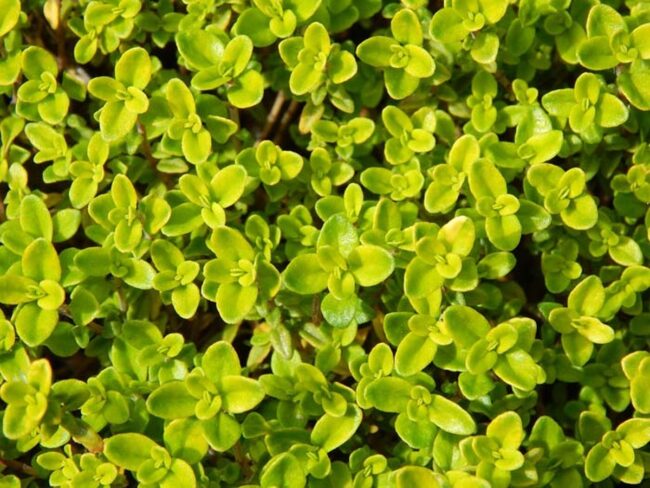
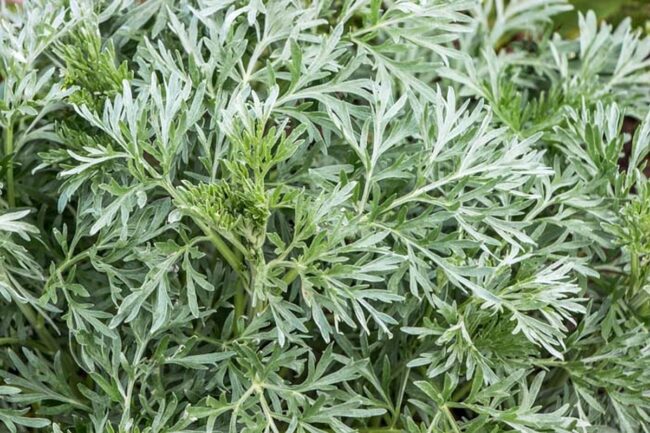
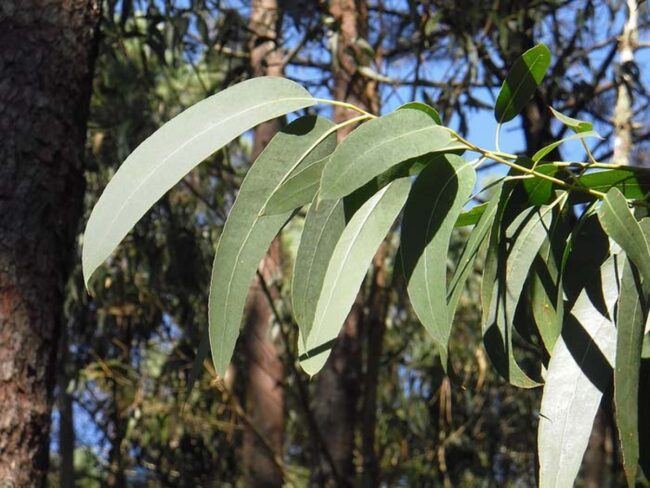
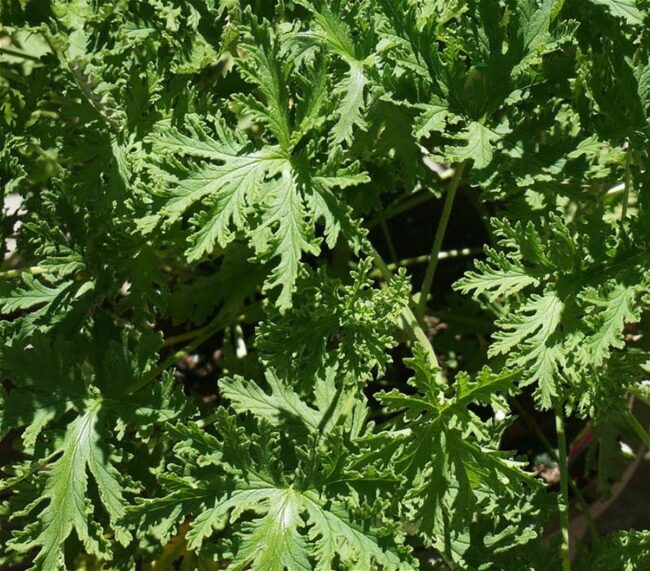
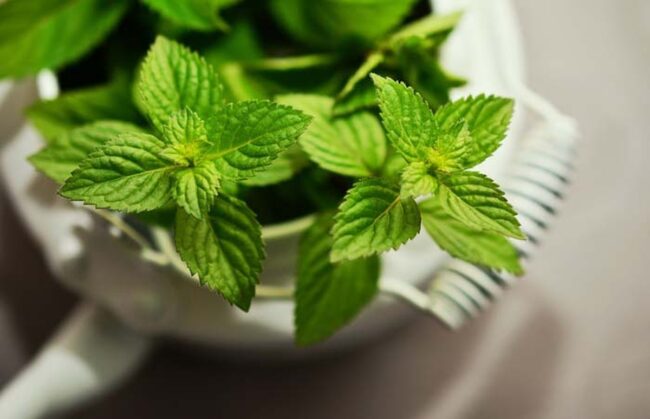
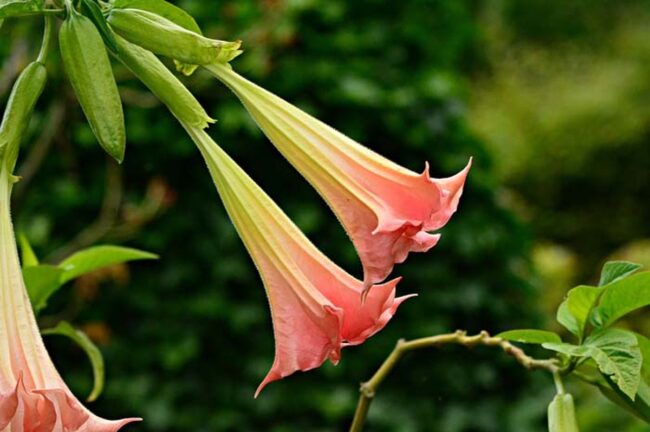
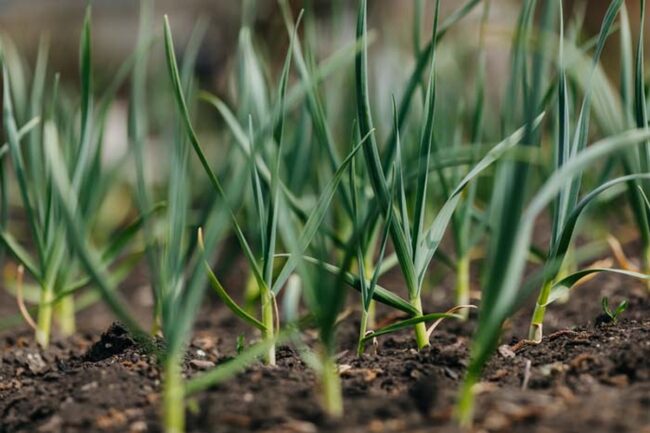
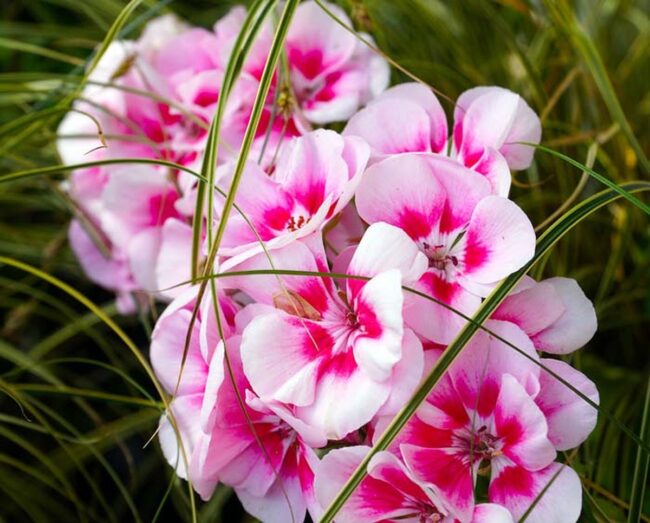
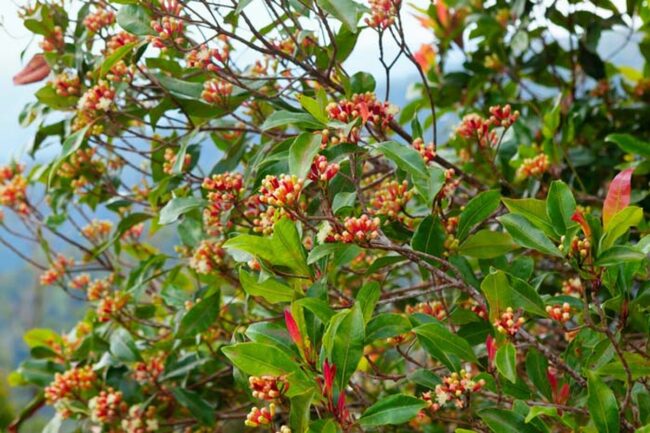
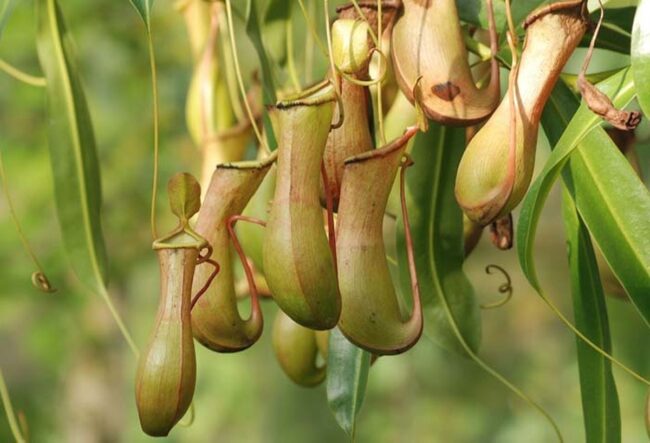
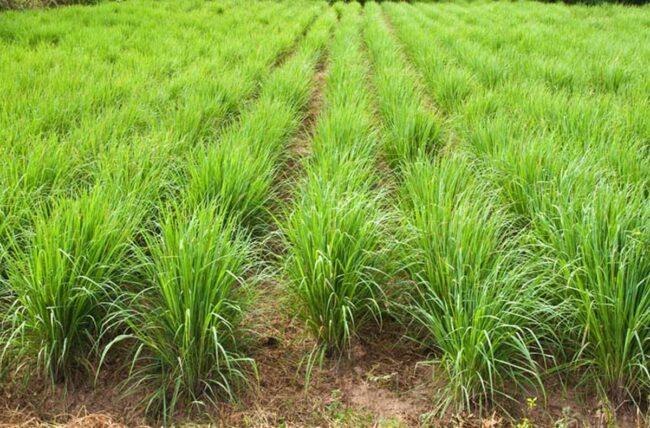
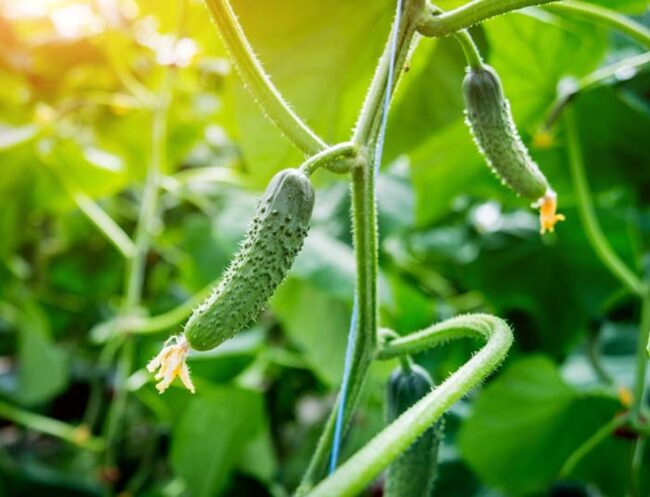
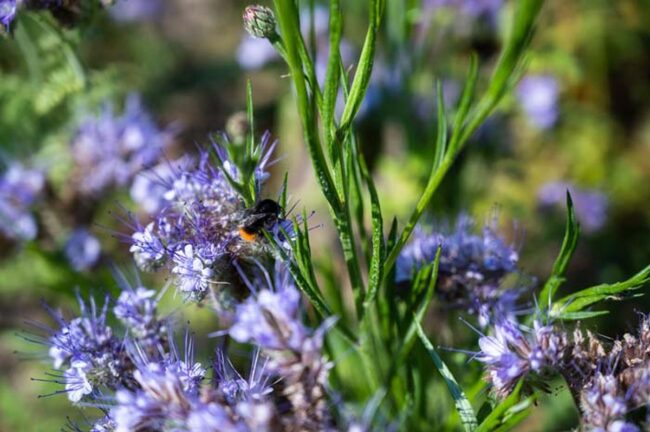
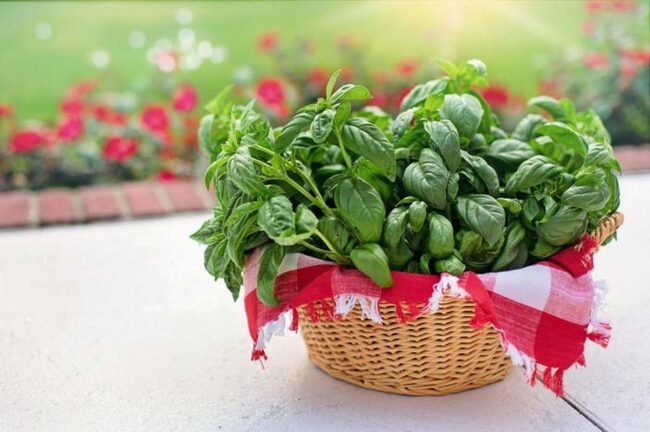
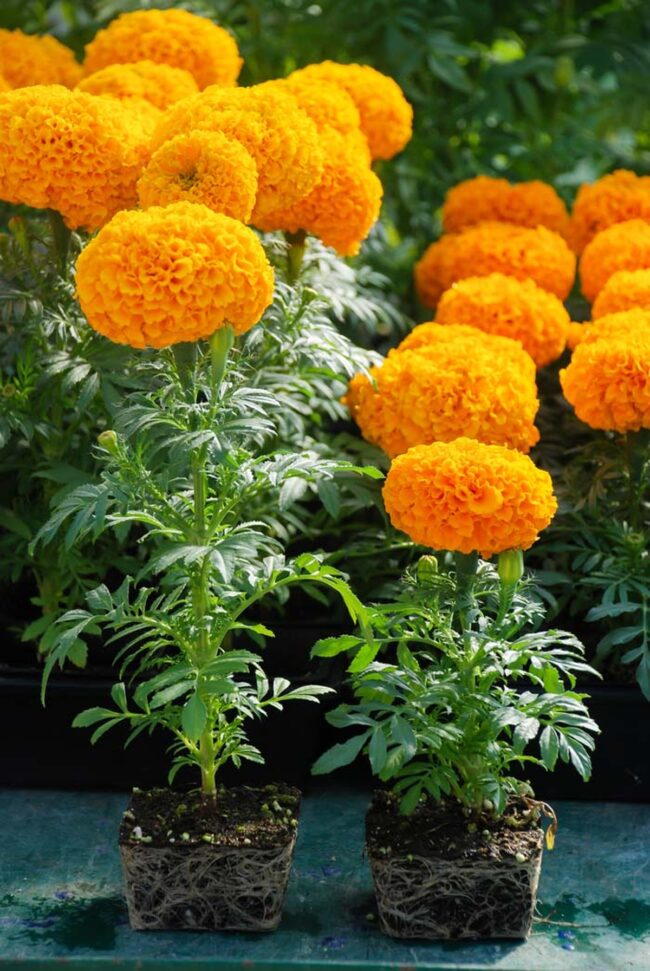
Liam Patel
Senior Editor & DIY Craftsman
Expertise
DIY home decor, interior design, budget-friendly styling, sustainable upcycling, creative crafting, editorial writing
Education
Pratt Institute, Brooklyn, NY
Liam Patel is the Senior Editor at Archeworks.org, where he shares creative DIY and home decor ideas. With a degree in Interior Design and years of experience in home styling, Liam focuses on easy, budget-friendly projects that make spaces personal and beautiful.
Liam’s tutorials, styling tips, and affordable solutions help readers design homes they love. He believes decorating is about self-expression and encourages everyone to embrace the joy of creating.